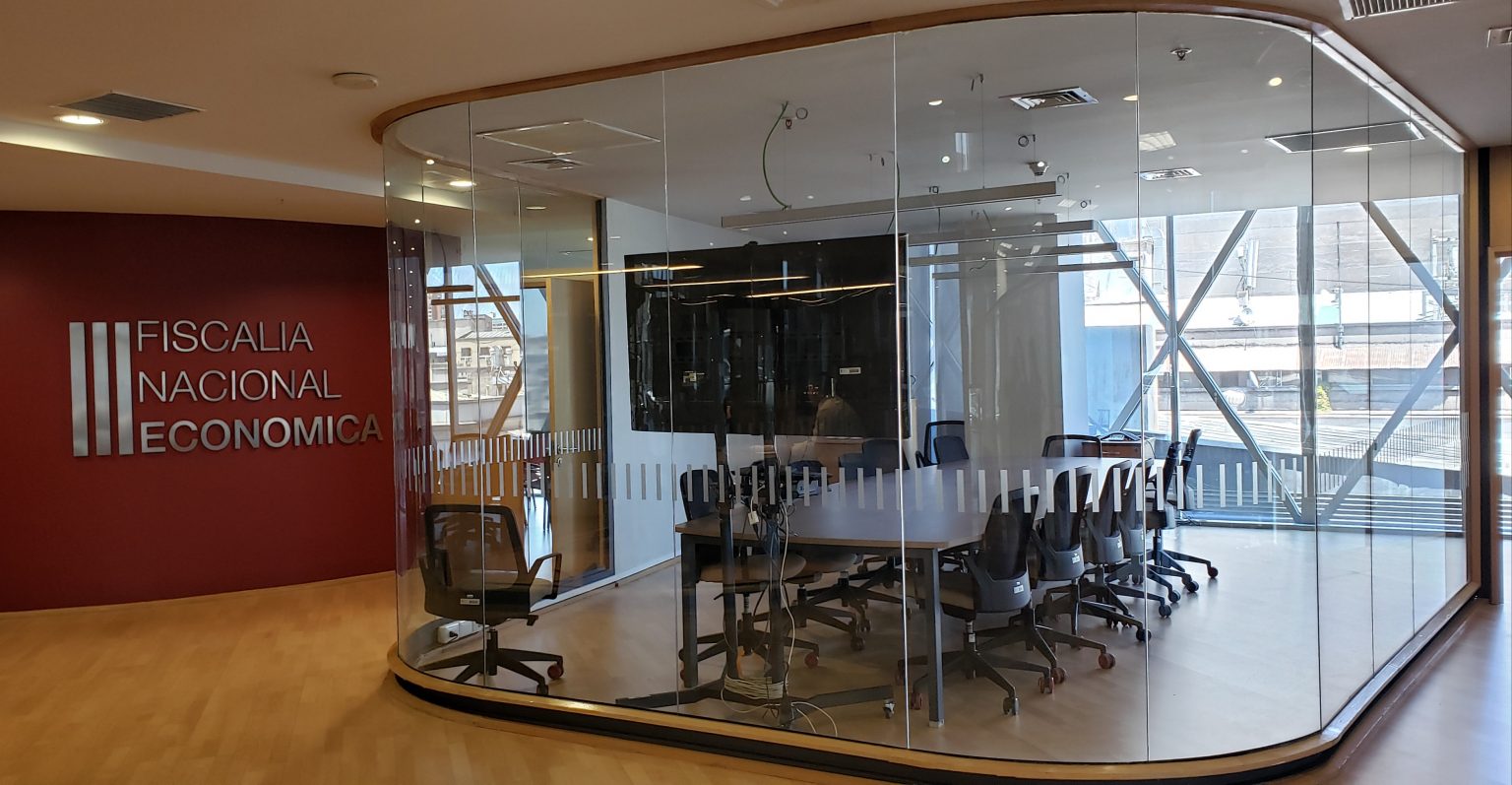¿qué estás buscando?

FNE, Delta and LATAM submit an out-of-court settlement to the TDLC with a set of remedies in order to protect competition in the air traffic market due to links and alliances between both airlines.

Chilean National Economic Prosecutor’s Office (“FNE”) together with Delta Air Lines, Inc. and LATAM Airlines Group S.A. submitted to the Chilean Competition Court (“TDLC”), last August 17th, an out-of-court settlement containing a set of remedies offered jointly by the airlines to safeguard competition in the routes in which both companies operate, related to a series of agreements and links existing between them since 2019.
The out-of-court settlement contains several remedies as a result of Delta’s acquisition of a 20% minority ownership in the share capital of LATAM, of a strategic alliance or joint venture and certain code-share agreements for direct routes between the United States and Canada and between certain countries in South American and the United States, in addition to the access to LATAM’s financial information that could occur considering that Delta became an indirect creditor of LATAM in the context of the judicial process of voluntary reorganization of the latter and some of its affiliates under Chapter 11 of the US Bankruptcy Code.
During its investigation, the FNE found that the existence of these links agreements between Delta and LATAM have an impact on competition in the aviation industry, but that such impact is reduced since there is no overlap in non-stop flights between both airlines and, consequently, LATAM and Delta have mainly complementary routes. It is worth mentioning that overlaps in direct routes were the main competitive concern of the FNE in previous cases, such as the joint venture that LATAM intended to enter into with American Airlines, which was finally banned by the Supreme Court, accepting the FNE’s opposition, in May 2019.
Notwithstanding the foregoing, according to the FNE’s investigation, the links and agreements between Delta and LATAM could entail potential coordination risks, enabling the access and/or exchange of sensitive commercial information of the companies in the markets where LATAM competes with Delta or its partners. These potential risks of coordination, if they materialize, could result in less intense competition between both companies, or directly facilitate coordination to increase prices for passengers on flights operated by them.
Moreover, the linkages and agreements could also involve certain unilateral risks that, if materialized, could result in price increase on the Santiago – Mexico City route.
The FNE believes that the measures contained in the out-of-court settlement filed before the TDLC are sufficient to mitigate the anticompetitive risks, allowing domestic passengers to benefit from lower prices and greater air connectivity.
The FNE considers that the measures adopted solve in a proportional, effective and suitable manner the competition concerns arising from the existing links and agreements between the parties, and that in addition, the FNE holds the view that these measures are feasible to implement, execute and monitor and in turn allow domestic passengers to benefit from lower fares and greater air connectivity.
Article 39 letter ñ) of DL 211 allows the FNE to enter into out-of-court settlements with companies under investigation, provided that such agreements safeguard competition in the markets.
Likewise, and specifically in relation to code-sharing agreements, by submitting the out-of-court agreement to the knowledge and approval of the TDLC, the FNE is complying with Condition VII of Resolution No. 37 of 2011, which approved the merger between LAN and TAM.
The out-of-court settlements must be approved by the TDLC, for which the parties must be summoned to a hearing which is currently pending.











